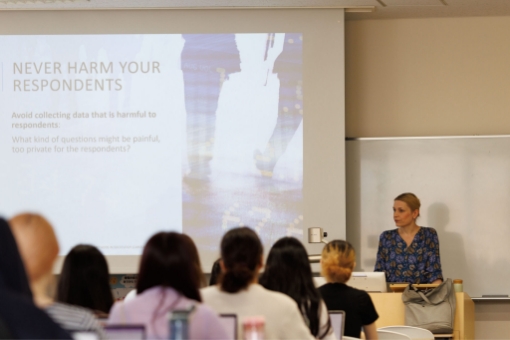-
Department of Economics
-
As part of the Sophia Program for Sustainable Futures (SPSF), the Department of Economics provides instruction on how the academic discipline of economics can be used to provide insight into real-world, social and economic phenomena, as well as enhance logical thinking skills. The first-year curriculum focuses on basic economic concepts, such as macroeconomics and microeconomics, along with a focus on quantitative skills. In subsequent years, students study advanced economic theory and apply newly-learnt analytical skills to examine various issues associated with developing sustainable societies in a range of settings. In addition, the curriculum is structured so that students can undertake a wide range of courses in the other Sophia University Departments and, in doing so, build knowledge of other areas where economic concepts can be applied. Courses run by the Department of Economics feature small class sizes in order to promote active discussion between students and lecturers. We welcome self-motivated applicants who are interested in learning how economics can be employed to improve understanding of the socio-economic issues occurring in modern society.
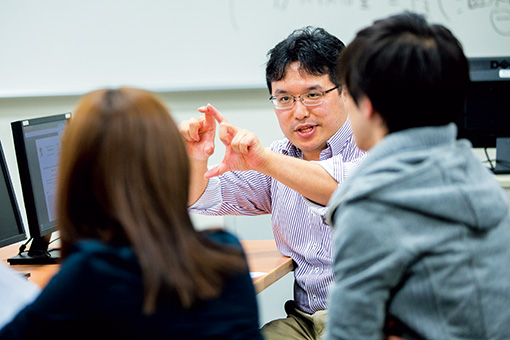
-
Department of Education
-
The Education major examines educational and human development issues from international and interdisciplinary perspectives, based on a thorough grounding in the discipline of education studies. The international and intercultural dimensions characterise the core courses offered by the Department of Education: Comparative Education, International Education, and Education and International Development. These are complemented by the education foundations courses including Curriculum and Instruction, Philosophy of Education, and Sociology of Education. What unites and imbues these multi-faceted approaches to education and human development is the deep respect for human dignity, a key pillar of sustainable futures.
Comparative Education applies historical, philosophical, and social science theories and methods to international issues in education. International Education examines the rationales and relationships of educational affairs and policies in the various contexts of international relations, and its implications for human dignity and peace-building. Meanwhile, Education and International Development seeks to enhance understanding of educational issues in the context of developing nations characterized by extreme poverty, large income gaps and cultural diversity.
The Education major thus aims to prepare future educators, researchers, and global citizens who possess the knowledge, values and skills to understand, analyse and construct education for sustainable futures, both locally and internationally.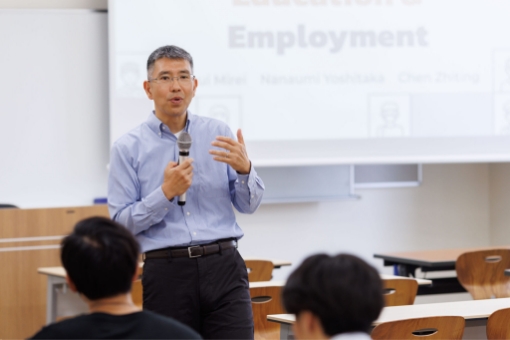
-
Department of Global Studies
-
The Faculty of Global Studies (FGS) offers a unique opportunity for students to study both International Relations and Area Studies to foster an interdisciplinary perspective of Global Studies. International Relations covers a wide range of pressing issues in international politics, international cooperation, and civil society. Area Studies explores socio-cultural contexts in Asia, Africa, the Middle East, and other areas from local to cross-regional levels. Majoring either in International Relations or Area Studies in the third year, students develop their global minds by combining these macro and micro views for a better understanding of our changing world.
The FGS equips students with the skill sets required for their future. They are trained to identify important questions, deepen discussions, and complete their research projects. Based on faculty members’ lectures on theories and practices, small-sized classes and seminars involve frequent discussions and group activities with students from different parts of the world. FGS’s flexible curriculum allows students to take courses offered by other departments and foreign languages to enhance their capacity for communication and comprehension. Extracurricular activities including studying abroad, internships, and volunteering also help students widen their horizons. Our graduates professionally contribute to society both in private and public sectors in Japan and abroad. We look forward to welcoming you.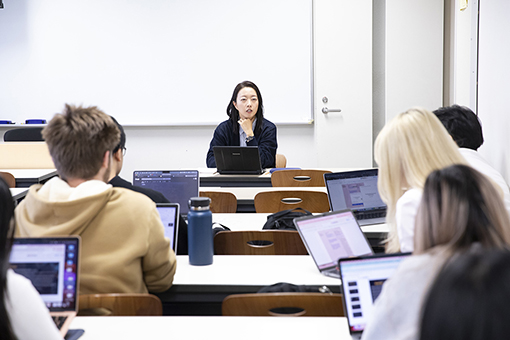
-
Department of Journalism
-
Journalism is an interdisciplinary major focusing on the social roles, functions, and influences of all aspects of journalism and media communication, investigating a broad range of issues in news reporting and media. The Department of Journalism at Sophia University is the first journalism school in Japan established in 1932.
In the Sustainable Futures program, special emphasis is set on the issues of sustainable futures. The realization of sustainable futures depends on effective and ethical participation of the journalists, content creators, and media outlets around the world. This program aims to develop students’ knowledge, skills, and abilities related to journalism and mass communication vital to the realization of sustainable futures.
First-year students will familiarize with fundamental theories of communication and academic research techniques. Starting from the second year, students will take advanced classes on journalism, mass communication, international communication, and ethics. Also, from the second to fourth year, students will take seminar classes that nurture critical perspectives, research and analytical skills related to sustainable futures. In the final year, students will complete their studies with a graduation thesis. We look forward to meeting students interested in understanding and discussing sustainable futures through journalism and media communications.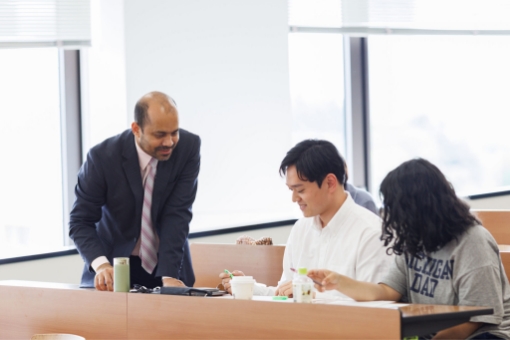
-
Department of Management
-
Business is a crucial driver for addressing demographic, societal, environmental, and economic challenges through the development of new, flexible, and innovative business models. Our core mission is to foster inspirational and aspiring leaders who can make rational decisions and engage with transformative changes to grow inclusive and fair civil societies in the spirit of professionalism. Applying interactive teaching methods, we aim to cultivate our students’ critical and analytical thinking in relation to the field of business within local and global contexts. We offer well-established academic programs that provide students with outstanding learning opportunities to enhance their ability to discover meaningful solutions for current strategic and management issues. Areas of expertise include the study of accounting, business, marketing, and strategy. Our department attaches importance to sharpening our students’ evidence-based and practice-based knowledge to support a career in management. Students are highly encouraged to proactively take basic and applied courses in other departments and faculties of the university to broaden their vision of the interface between business and society. We also offer a wide range of language teaching and study-abroad programs designed to help our students communicate effectively and adequately react to rapid changes in global market conditions. Our faculty, our cutting-edge research, and our corporate engagement contribute to ensuring the sustainability of the broader communities in which we are living.
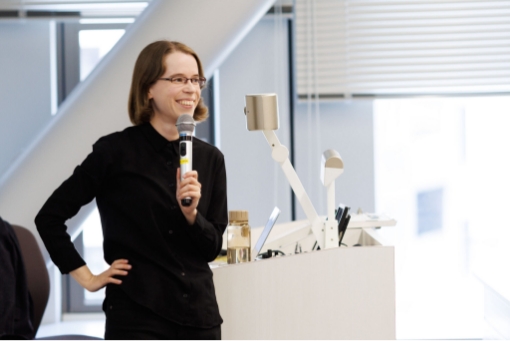
-
Department of Sociology
-
Sociology is the study of social relations and social institutions, with the underlying purpose of explaining how social surroundings shape and are shaped by human behavior and consciousness. Sociologists critically question social reality to identify the mechanisms behind social phenomena and think about how societies might be changed for the better. As a broad discipline that studies all dimensions of life, sociology includes micro-level analyses of personal relationships or community level occurrences just as much as macro-level investigations of global topics.
In this tradition, the Department of Sociology offers a curriculum that is designed to cultivate intellectual curiosity and critical interest in human society, helping students to develop the capacity to comprehend the causes and consequences of social phenomena. Our classes on sociological theory and empirical methodology equip students with the necessary tools to analyze and make sense of the complex world in which we live. Students are guided to understand the characteristics of the various dimensions of modern society and how they relate to social structure and social change, while fostering skills to approach topics from an international and humanitarian point of view and propose sociologically-informed solutions for creating an inclusive and sustainable society.